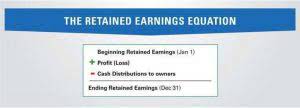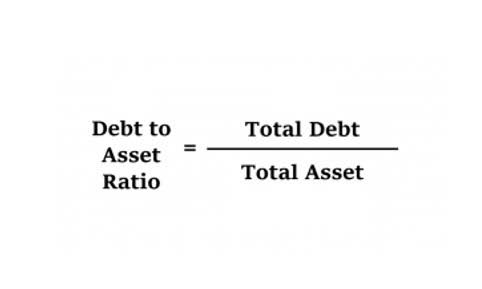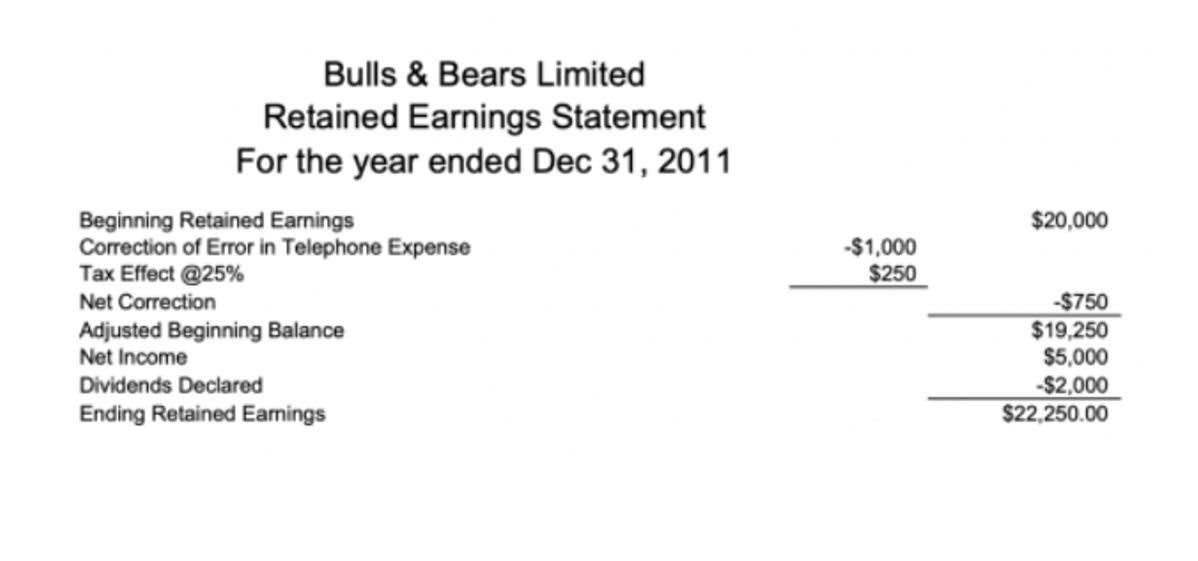
By avoiding this, you’ll reduce the risk of triggering an IRS audit and will allow an accurate picture of your business finances. Not only can this help you set goals, but it can also help you identify problems in your business. With an accurate record of all transactions, you can easily discover any discrepancies between financial statements and what’s been recorded.

Accounting Services

The primary purpose of bookkeeping is to record the financial effects of transactions. Generally speaking, bookkeepers help collect and organize data and may have certain certifications to do so for your business. On the other hand, accountants are generally equipped with an accounting degree and may even be state-certified CPAs. You can expect most bookkeepers to maintain the general ledger and accounts while the accountant is there to create and interpret more complex financial statements.
Create a free account to unlock this Template
- The purchases account on the chart of accounts tracks goods purchased.
- Every financial transaction should have a line item in the general ledger, which tracks everything in one place.
- Both accountants and bookkeepers work with numbers and financial data.
- When following this method of bookkeeping, the amounts of debits recorded must match the amounts of credits recorded.
- You also have to decide, as a new business owner, if you are going to use single-entry or double-entry bookkeeping.
- After a certain period, typically a month, each column in each journal is totalled to give a summary for that period.
A bookkeeping San Francisco course can teach you the basic knowledge to prepare financial reports, organise data using tools like Microsoft Excel, or understand how to balance books. A bookkeeper is skilled at keeping documents and tracks a wide net of financial information. Both accountants and bookkeepers work with numbers and financial data.
Save time with expert help

That may be tough since the roles and responsibilities may intertwine. Whether your business is large or small, you must have an understanding of your accounting needs. As a business leader, you should have a good idea of which professionals best suit the needs of your company.
- At the end of the accounting period, take the time to make adjustments to your entries.
- To uncover errors, check whether you forgot to record an entry in either column of your accounting ledger.
- The income statement is developed by using revenue from sales and other sources, expenses, and costs.
- As a business owner who’s in charge of so much, managing your finances can become complicated and tedious, even with the best accounting software.
- Startup your bookkeeping records and processes the right way with confidence.
- Other smaller firms may require reports only at the end of the year in preparation for doing taxes.
- Of course when the farm business becomes very large and intricate, an elaborate system of bookkeeping is necessary.
- Accounts receivable (AR) is the money your customers owe you for products or services they bought but have not yet paid for.
- The following analysis compares the education requirements, skills required, typical salaries, and job outlooks for accounting and bookkeepers.
- Tracking your expenses is an essential part of managing your finances.
- Knowing the differences between the two can help people find their niche in the industry and can give guidance to companies on who to hire for their needs.
- The system you choose to use doesn’t need to be complicated and the ledgers should be straightforward, especially if you have just a few or no employees.
Trying to juggle too many things at once only works to put your organization in danger. If you’re looking to convert from manual bookkeeping to digital, consider a staggered approach. Overhauling all at once can be overwhelming and discouraging, so it’s best to take it slow and make meaningful and intentional shifts. If you are going to offer your customers credit or if you are going to request credit from your suppliers, then you have to use an accrual accounting system.

Accounting ledger
Some of the key tasks for accountants include tax return preparation, conducting routine reviews of various financial statements, and performing account analysis. Another key responsibility for accountants includes conducting routine audits to ensure that statements and books are following ethical and industry standards. A bookkeeping checklist outlines the tasks and responsibilities you need to do regularly to keep the books up-to-date and accurate. It serves as a road map to ensure you correctly record and report all necessary financial transactions are recorded and reported correctly. After you have a bookkeeping system in mind, the next step is to pick an accounting software. Spreadsheets, such as Microsoft Excel, can be used for simple bookkeeping.

